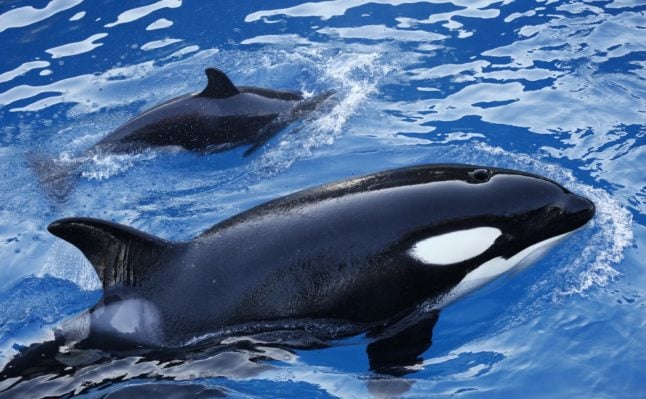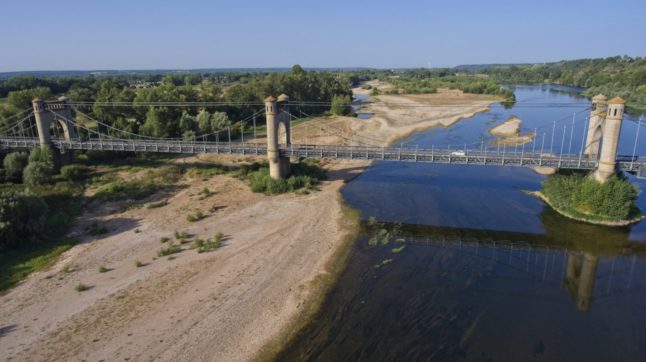The young whale was first spotted about a week ago near the port of Le Havre, around the Pont de Normandie, while the most recent sighting was further inland – about 20km from Rouen, in the Eure region.
France’s BFMTV managed to catch a video of the whale:
Une orque a été aperçue dans la Seine pic.twitter.com/SiJohKb2ZX
— BFMTV (@BFMTV) May 25, 2022
Experts think that the young male was separated from his group, and might be on the search for another. This typically happens when a matriarch in the pod dies.
“They are very social animals, so it is not easy for them to be alone,” explained Delphine Eloi of the GECC regional, cetacean protection group to RTL. Eloi went on to explain that the orca is likely in poor health, as its dorsal fin appears to be completely round.
Killer whales, which despite their name belong to the dolphin family, are occasionally spotted in the English Channel but such sightings are considered rare, let alone in a river.
“Its life is in danger. We are really very, very worried. Its state of health is very poor,” said Gerard Mauger, vice president of the GECC regional, cetacean protection group.
“The more it stays in fresh water, the more this will accelerate the degradation of its state of health,” he told AFP.
“It is far from the sea. It is really complicated to find solutions to encourage it to head to salt water.”
He said the animal is “very thin” but likely weighs over a tonne.
Experts have reminded the public that the whale is likely not dangerous to people – there has never been a reported Orca attack on a human in the wild – though it is still advisable to keep a safe distance from it.



 Please whitelist us to continue reading.
Please whitelist us to continue reading.
Member comments